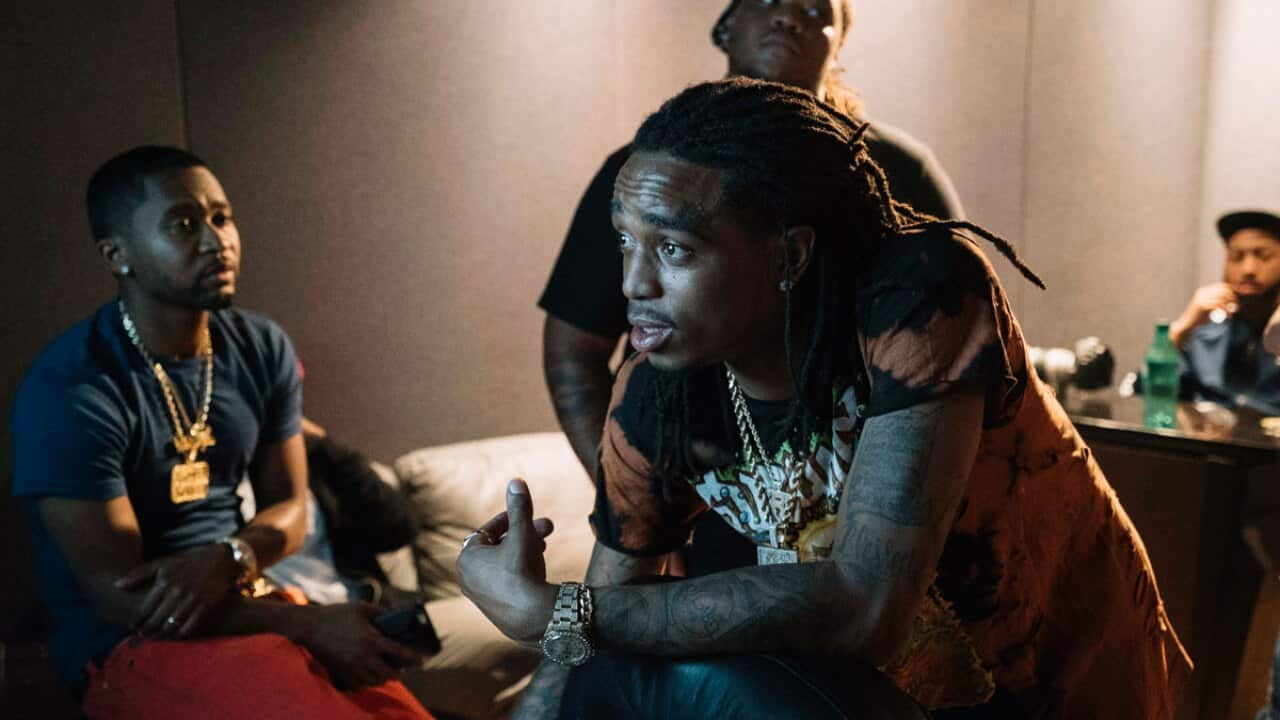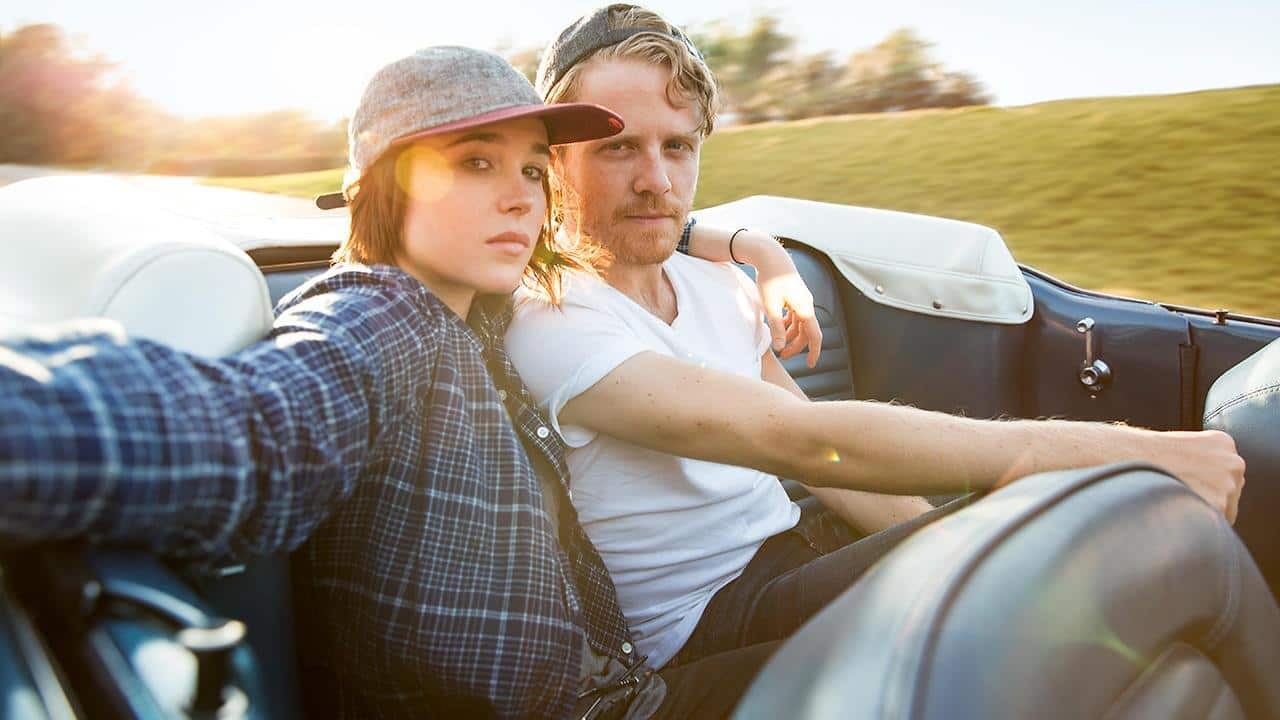A pop song can change the world. It seems like a silly notion, but with the rise of the music video in the early 1980s, a new form of expression and awareness emerged. Fusing together popular music and video art had an unexpected consequence: the rise of a new youth culture.
Music went global. Singers and bands exploded into superstars. And race, sex, and politics found their way onto suburban TV screens like never before.
Appearing on the documentary series The Eighties, currently airing on SBS, writer David Wild declared that ‘Watching Live Aid on TV was my version of driving to Woodstock.”
In many ways it’s a fair comparison to make. Thanks in part to the rise of the music video and the launch of MTV, the idea of music as a tool of social change had found its way from muddy festival fields to a comfortable sofa in front of the living room TV. Live Aid, held across two continents and broadcast by satellite across the world, was going to change the world. Cynics might also add that this was the first mainstream moment of slacktivism, you didn’t actually need to be there to take part.
Throughout the episode, various talking heads, from former Bangles to music producers, ex-MTV video DJs to Questlove, chart the transformation of the music industry over the 1980s, and the very real impact it did have on the social fabric of America. For eternal optimists, raised on John Lennon and Joe Strummer, who still believe a song can change the world, it makes for fascinating viewing. If not, maybe by the end you’ll be convinced, even if only slightly, of the transformative power of music.
Nowhere is this made more evident than when The Eighties charts the rise of Michael Jackson to superstardom.
In the radio era, Jackson was mostly consigned to airplay on black stations and it was under no small amount of coercion from music legends like David Bowie and CBS Records itself, that MTV finally let a black man on its channel. Despite their racist misgivings, it birthed the era of the superstar performer. In the process, Jackson’s massive success blew the doors open for other black artists, like Prince, to conquer the mainstream.
Lyrical content, the sexual imagery of music videos, David Lee Roth’s – there was a lot for concerned parent-groups to get worked up about. After all, music videos and tasty heavy metal riffage were likely causing the fall of Western civilisation. And then along came hip-hop. MTV and music videos brought the reality of black lives into white, middle-class suburbia and through acts like Public Enemy and N.W.A, kick-started a conversation about race relations in America that still resonates today, and probably caused more than a few conservative heart attacks at the time.
It’s the echoes of the 1980s in the world today that makes the documentary more than a dive into nostalgia and synthesised beats. There’s an anxiety that hangs over global politics, walls are going up and relations breaking down. And while the music industry might be fractured, with MTV a pale shadow of what it once represented within youth culture, it’s important to remember that the power of music to bring people together and help affect social change is still as real today as it was in the 1980s.
We may never again see a decade of pop superstardom like it again, but that’s no reason not to strum a guitar or program a beat or be afraid to say something about the world we live in today and the one you want to see tomorrow.
The Eighties examines the greatest decade every Wednesday night at 8:30pm on SBS. Watch this weeks episode streaming on SBS On Demand:




